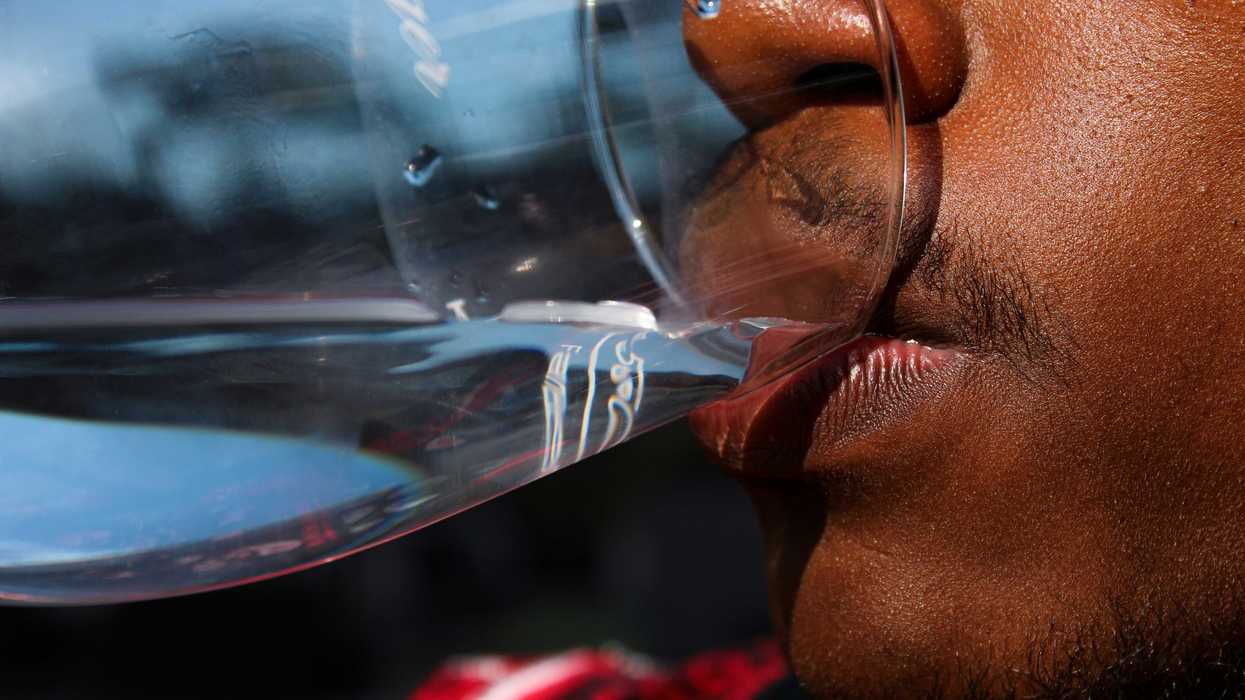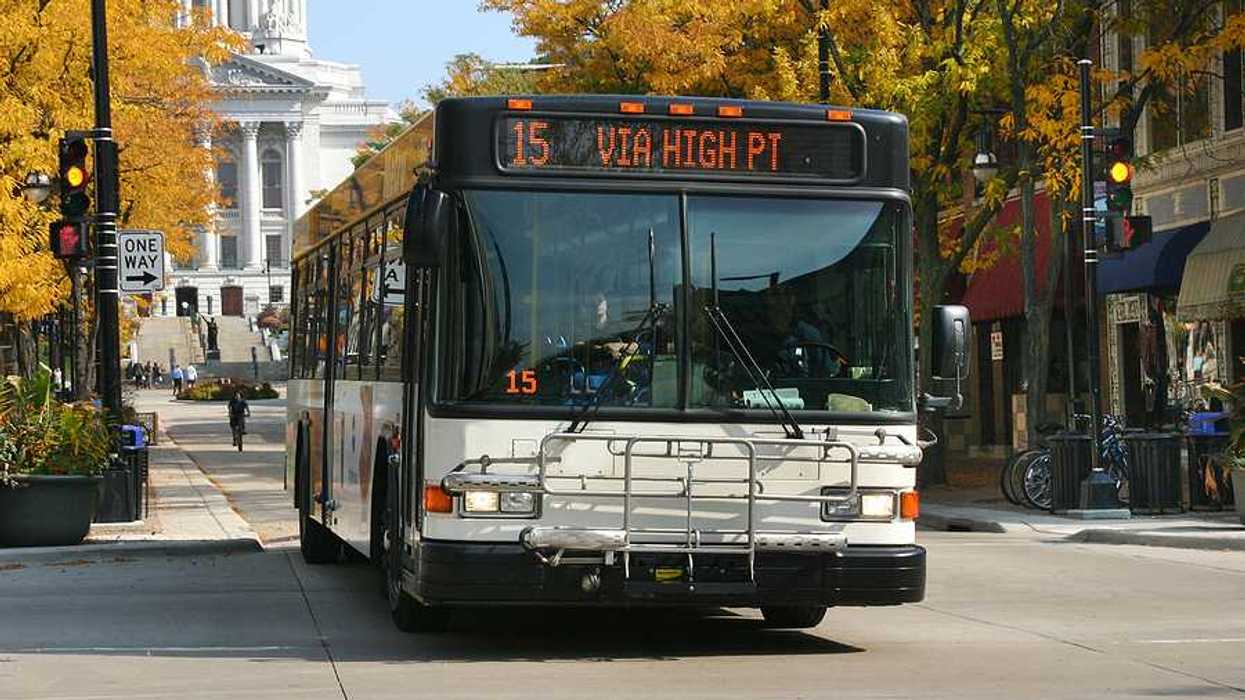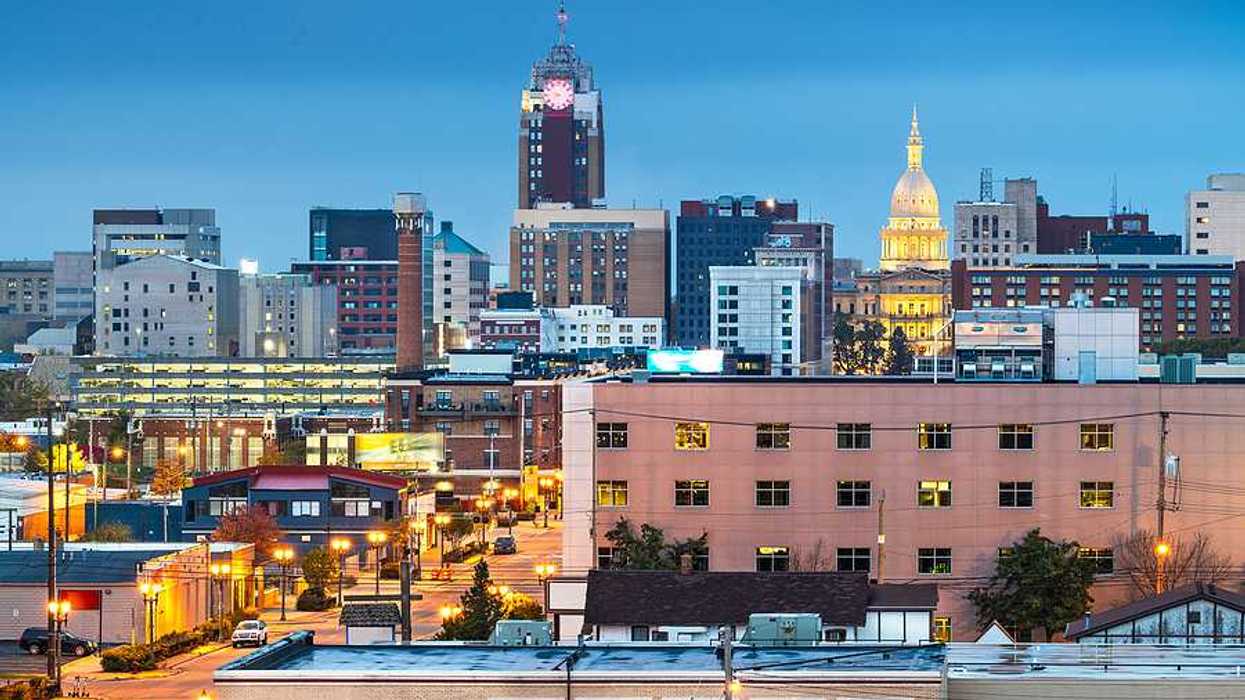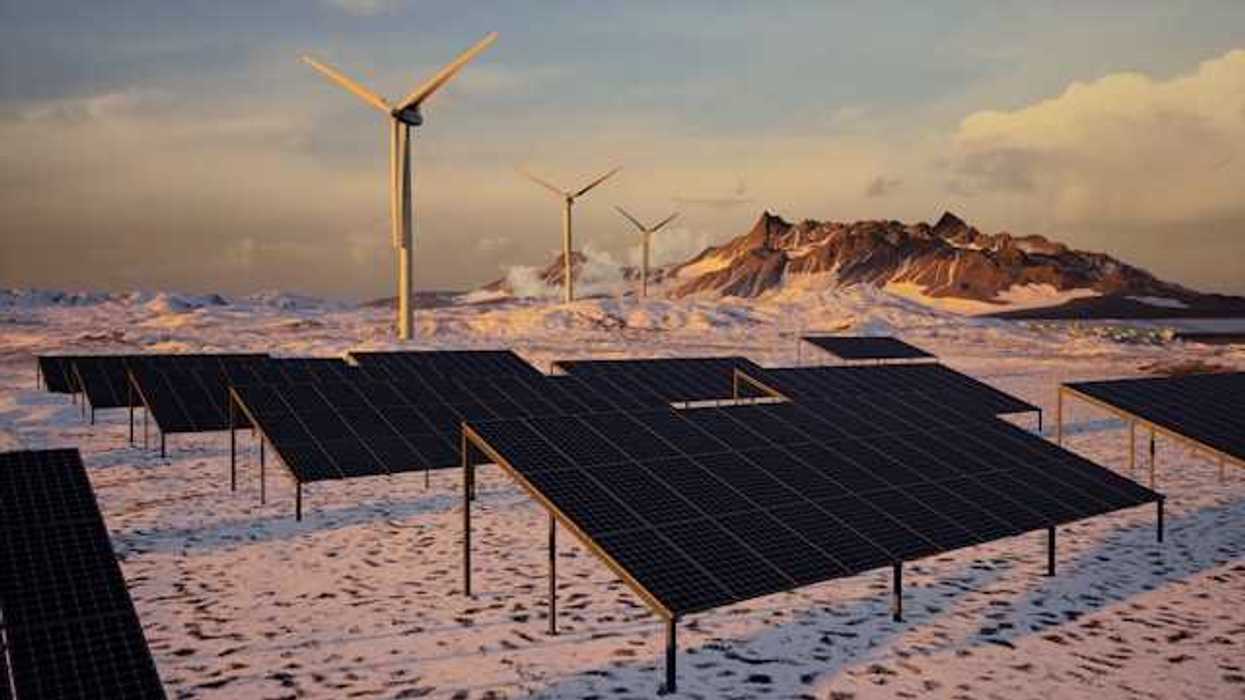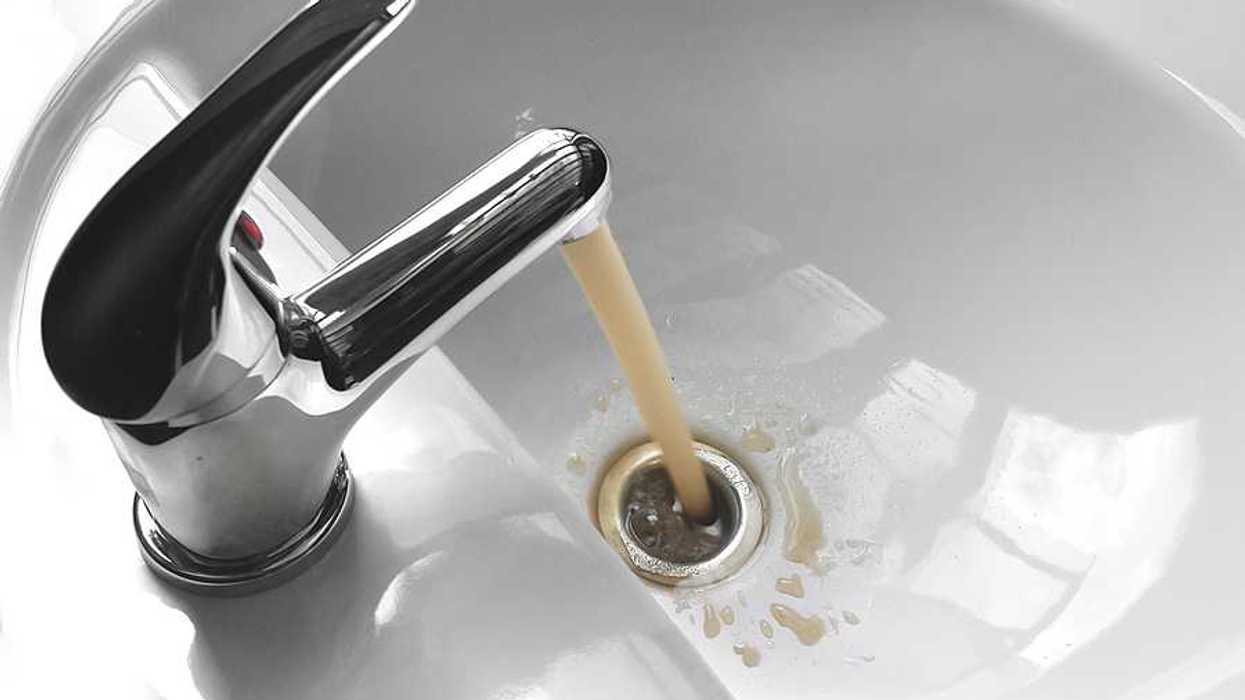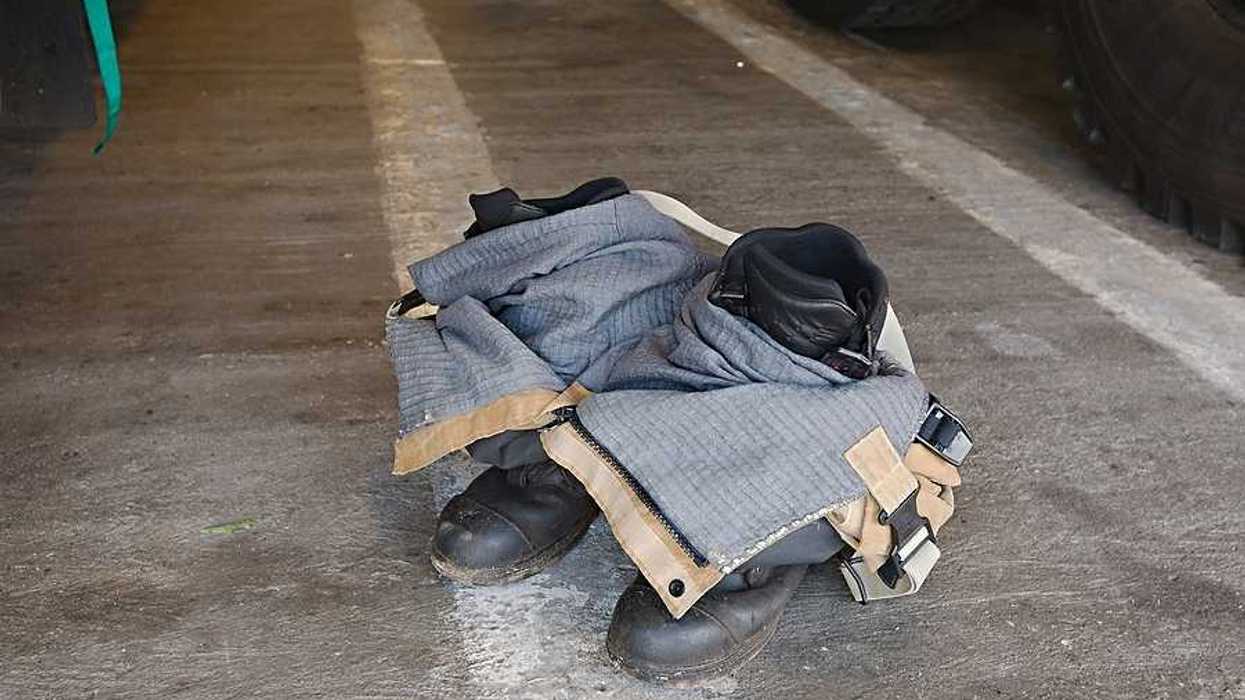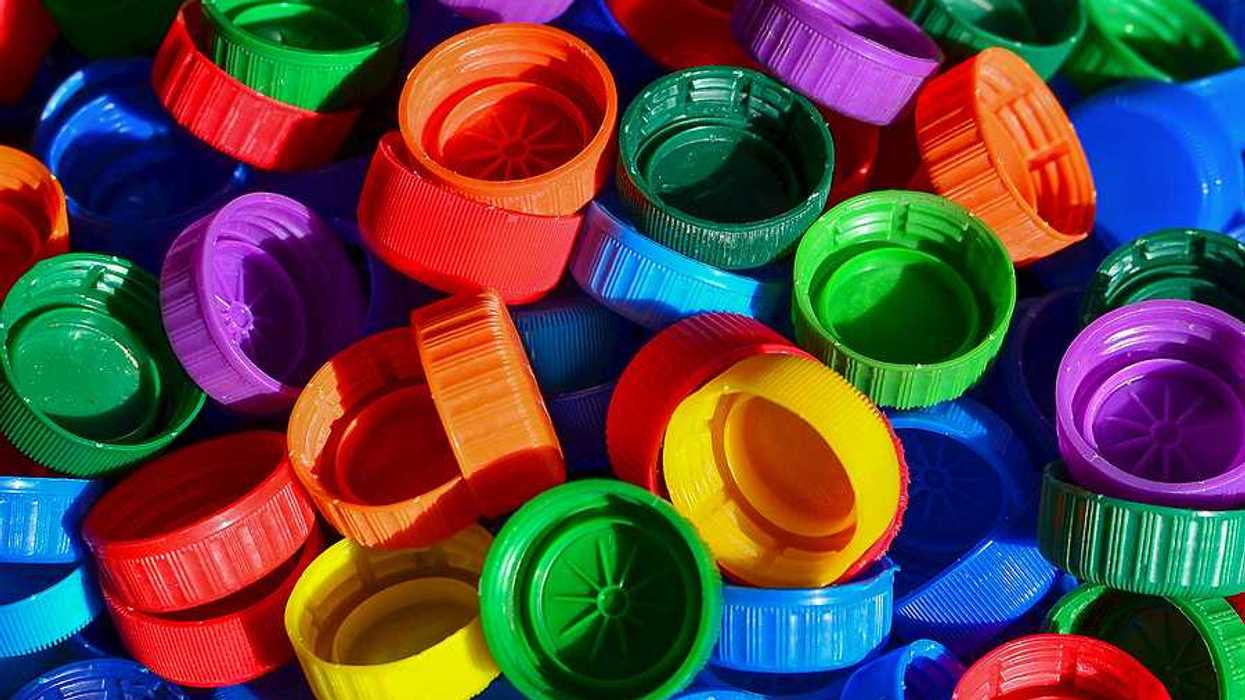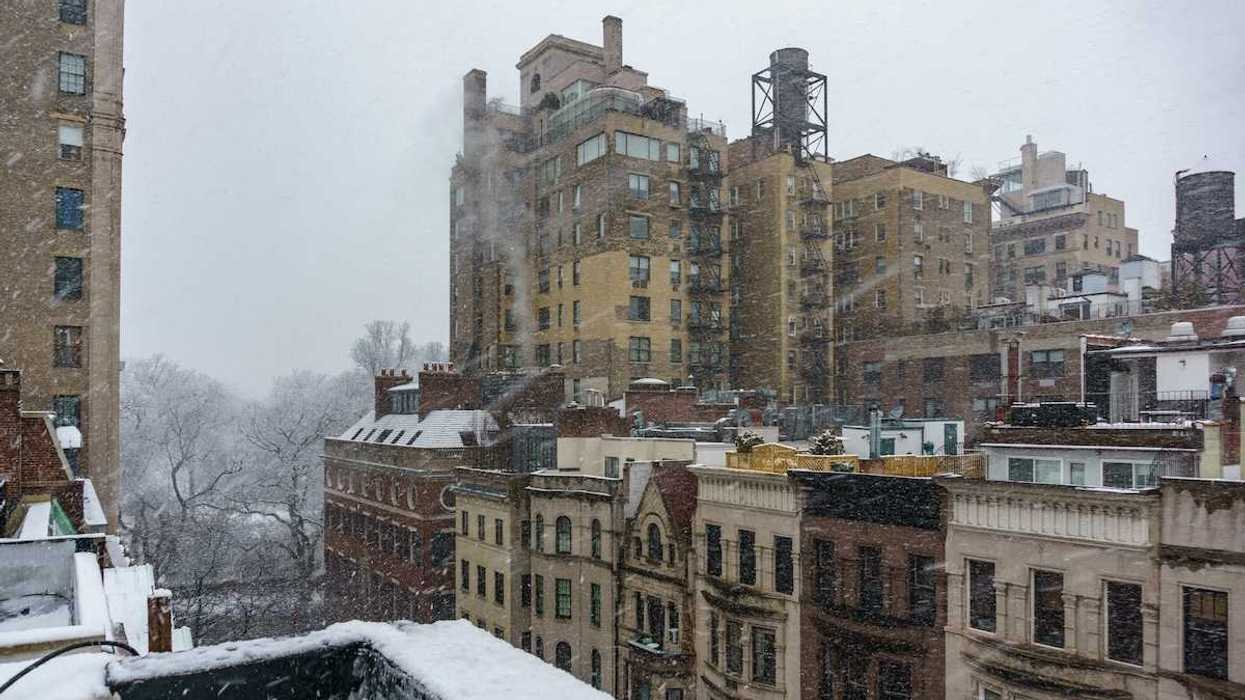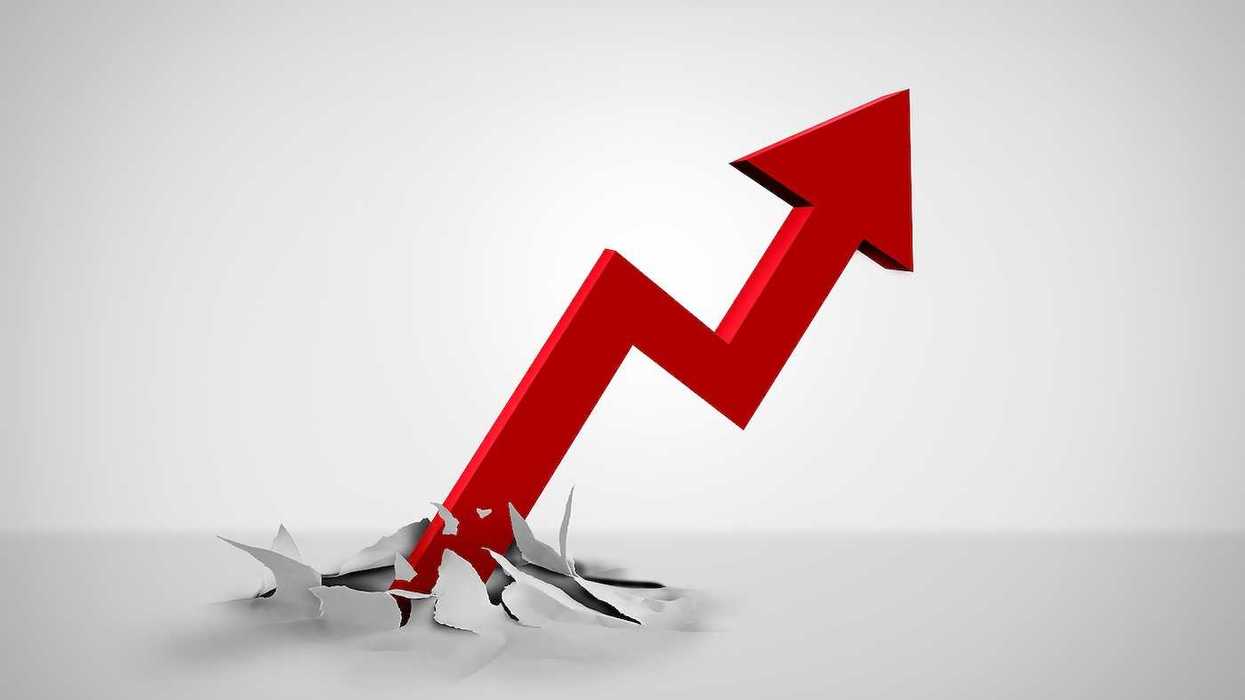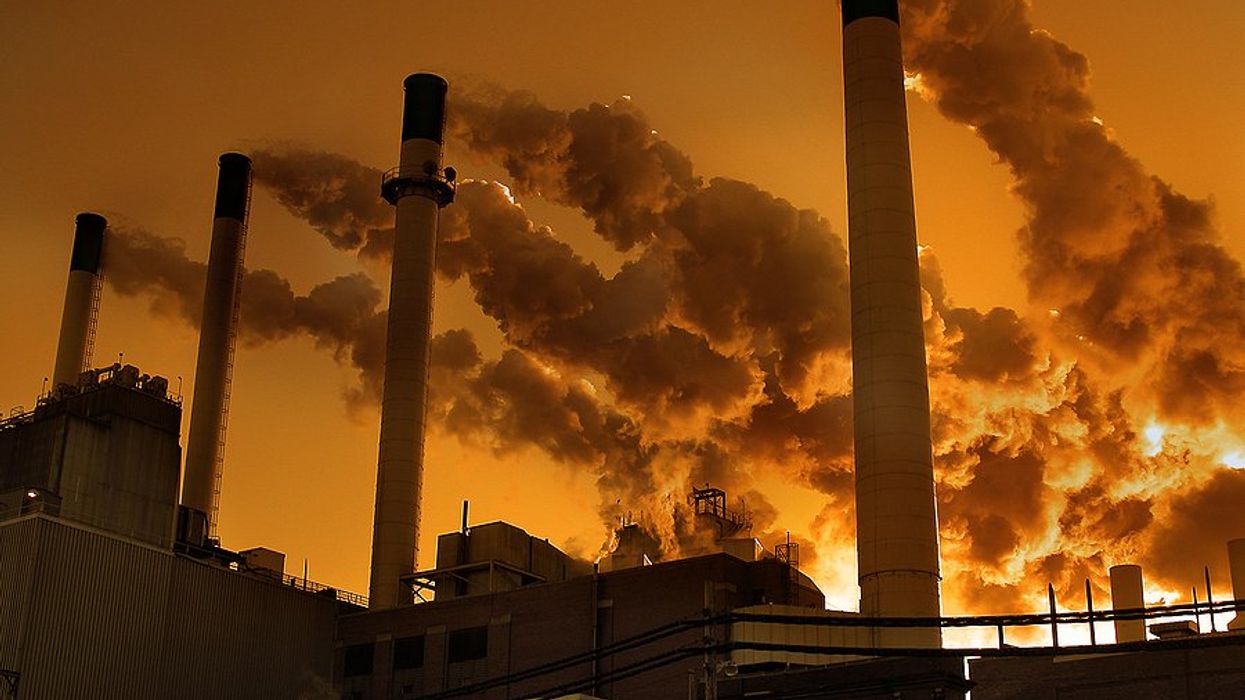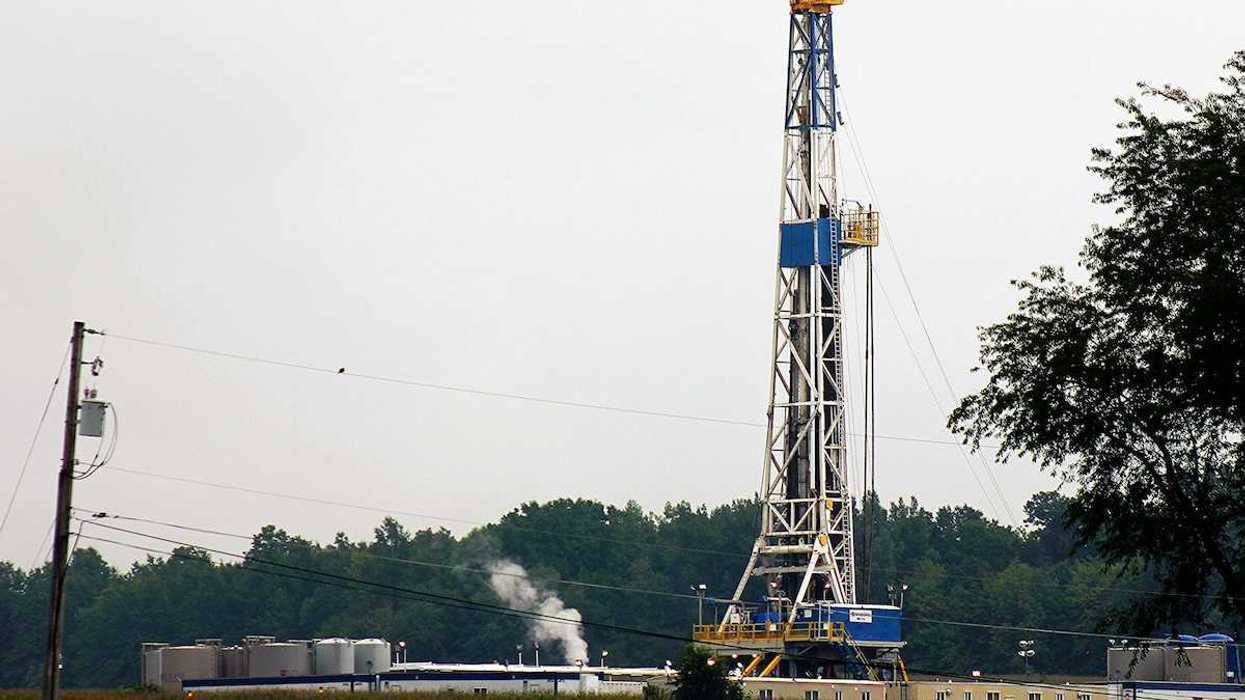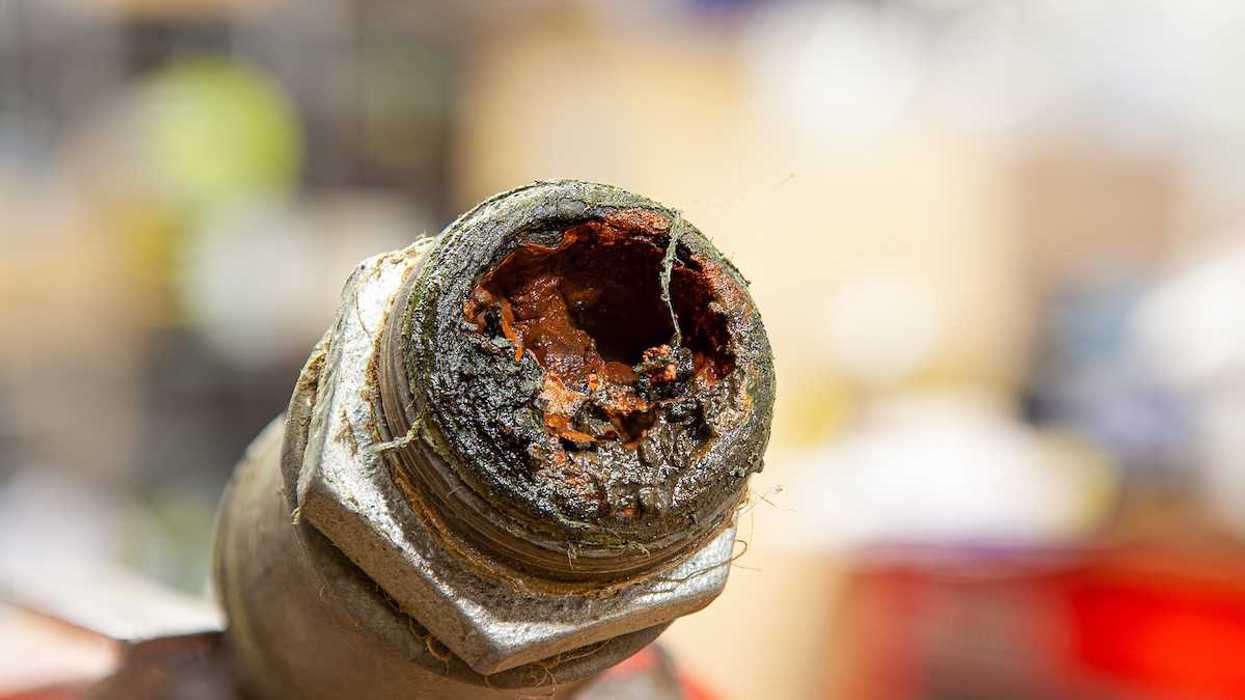We grew up learning a tradition of respect for water, hearing our Elders praying with water. Water is a part of every second of our lives, everything has water flowing through it, everything has life.
It's one thing to say that, but another thing to truly understand that. If we have that respect for water in our consciousness and we are always aware of it, then that shapes our relationship with water and how we take care of it.
Like any community, we are conflicted between our traditional respect for our water - and now, its economic value. How much money will it generate. This is a very big change for us, and poverty and unemployment feed that value. It's easier to see water as money.
Some of us only consider the income from resource development, such as extraction of gas and oil. We aren't looking at how this will affect the quality of our groundwater - which most of us rely on for drinking water. Some people just feel powerless to fight any development which will affect our water, because with development comes badly needed jobs and per capita payments. It's easier for those of us who have jobs to voice our need to protect our water.
If we get back to our traditions, we'll get back to the things that are important to us, and water is one of them. Now that we have data on the quality of local rivers, springs and wells, we are looking for ways to share these data, beyond the families who have had their wells tested. We can't rely just on word of mouth for accurate communication, as the information will change from one person to the next. News outlets? Well, people don't even watch the news, as we are so used to not seeing our own news in the media.
And how do we communicate the health risks from contaminated water without causing panic? Sometimes people don't even want to know about water contamination, as they have so many other things they are already dealing with - water is just another one of many worries. Community wide communication is a real challenge on a large reservation.
How will community members learn about the importance of water? Kids will only understand this if we teach it to them, and we see that families aren't always teaching their children the importance of water. Now only about 10 percent of kids come to school speaking Crow; many kids' parents are young themselves and may not understand our traditional respect for water.
We are getting away from the traditional and cultural way of doing things, which has a direct impact on our thinking, on our brains. Moving away from our traditions, we're not building a good foundation for our kids. If we get back to our traditions, we'll get back to the things that are important to us, and water is one of them.
Water is going to become our most precious commodity, more valuable than gold. The Guardians of the Living Water project is a start at educating our youth, and we need to expand it to reach more children. Water is our most precious gift, not a commodity that is only valued by how much money it could bring.
The authors are all members of the Crow Tribe and long-time members or supporters of the Crow Environmental Health Steering Committee, a group of Tribal stakeholders who have been leading the Crow water quality research, outreach and mitigation work over the past ten years, in collaboration with Little Big Horn College. Other current members of the Committee are: Emery Three Irons, Eric Birdinground, Roberta Other Medicine, Dionne Pretty On Top, Connie Howe (all Crow Tribal members), Anne Camper and Mari Eggers (non-voting, non-Tribal, academic partners).


